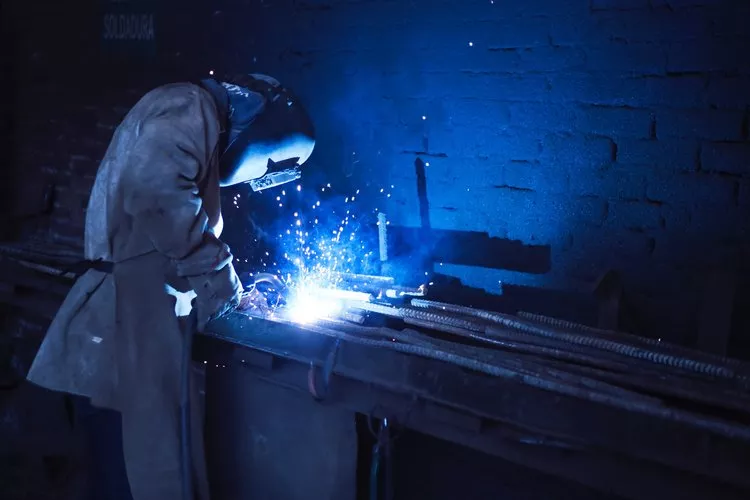If we say that technology has changed our lives, we are not saying anything new. But, between 2016 and 2022 we will experience a technological change as important as the one between 1900 and 2000. Since 1960 we have experienced almost continuous change in the world around us. Visionaries from all over the world have focused their efforts on how to make our lives easier through machines.
This continuing change has brought us to the gates of intelligence. We are not referring to human intelligence, we are referring to that of the machines. Artificial Intelligence, Automation, Virtual Reality and robotics are advancing at an astronomical pace, which has opened the doors to the Fourth Industrial Revolution.
It will be characterised by the connection of the physical, digital and biological worlds, thus impacting all disciplines, economies and industries developed so far. Such will be this union that there will come a time when we will have to ask ourselves an important question: will we be unable to distinguish the natural from the artificial?
As Klaus Schwab of the International Committee of the Red Cross (Switzerland) says, "one of the characteristics of the Fourth Industrial Revolution is that it changes not what we do, but who we are. This change is reflected, above all, in our way of thinking. For example, young people today no longer think the way their parents did. Their concerns are now based on climate change, inequality and lack of opportunity, among other issues. Here we see, according to Peter Maurer of the International Committee of the Red Cross, how the Fourth Industrial Revolution has succeeded in "bringing inequalities to light and making them less acceptable in the future".
The awareness of creating a "new system that meets the basic needs of all human beings", as Stewart Wallis of the New Economics Foundation explains, is clear. This, in turn, must be "fairer and whose primary objective is not growth per se, but optimising human welfare".
Another major concern with the advent of the Fourth Industrial Revolution is job destruction. As ITUC's Shara Burrows explains, "it is thought that robotics could eliminate 5,000,000 jobs by 2020, but this is not the key issue" as, for example, construction, public health, services, manufacturing and education will continue to exist. In short, no matter how much technology advances and no matter how much we accept Artificial Intelligence in our daily lives, there will be activities that they will never be able to perform, such as creativity or critical thinking, which is why they will not be able to replace us. The reason why is very simple: artificial intelligence is not capable of facing the unknown, only of processing the information it is given, acting accordingly and learning from it. In short: artificial intelligence, and all the technology that is developed through it, will complement our capabilities both to physical level as a social level.
So, the key questions are: will the concept of work as we know it change? What role do you want to play in this transformation?

